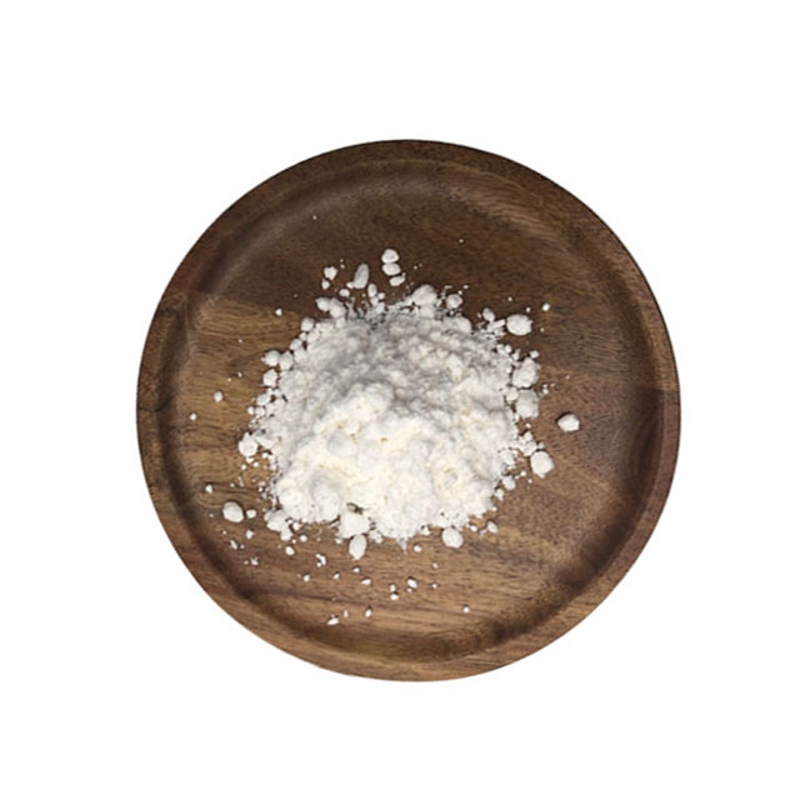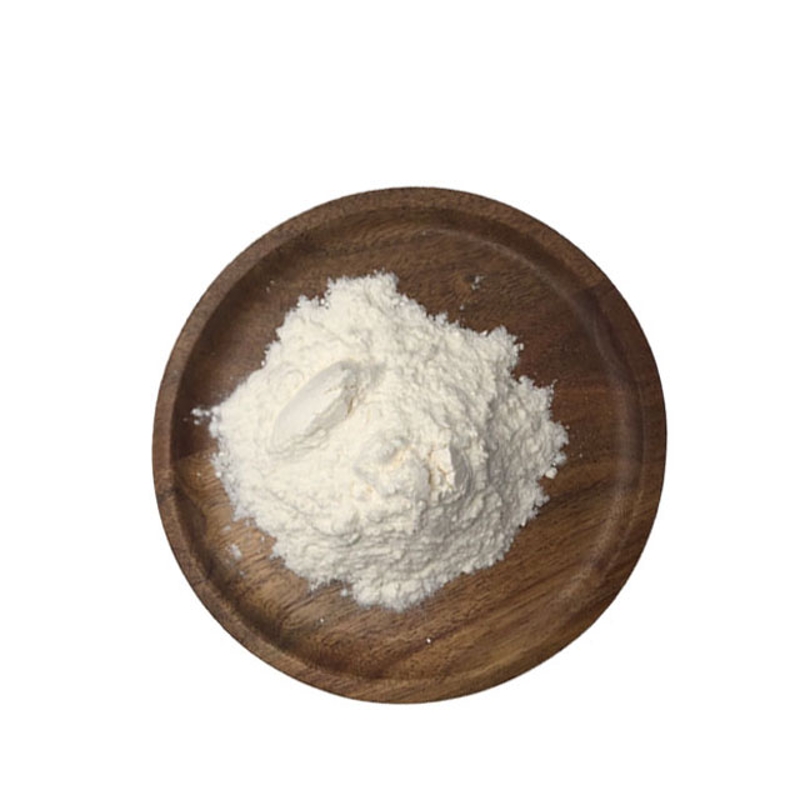Cancer Res: researchers turn tumor related macrophages into cancer killers, killing tumors both inside and outside
-
Last Update: 2019-08-23
-
Source: Internet
-
Author: User
Search more information of high quality chemicals, good prices and reliable suppliers, visit
www.echemi.com
August 23, 2019 / bioin / - epithelial tumors (such as lung cancer and pancreatic cancer) obtained drug resistance against standard anti-cancer therapy by using α νβ 3 molecule, thus becoming highly metastatic cancer In a new study published in cancer research, from the University of California San Researchers from the Medical College of Diego (UCSD) have found a new treatment that can prevent cancer from developing drug resistance in mouse models The researchers have achieved this process by using monoclonal antibodies that can induce the immune system to find and kill cancer cells expressing α V β 3 "The purpose of this antibody is to find and destroy the most stem cell, drug-resistant and aggressive tumor cells "It does this by building bridges between tumor associated macrophages (TAMs) and these highly aggressive tumor cells," said Dr David cheresh, a well-known professor and vice chairman of pathology "What we've seen in mice is that when we use this drug to treat resistant tumors, it prolongs their response to treatment standards and prevents them from entering the bloodstream "Image source: cancer research universal antibody LM609, cheresh and his team use the receptor of α νβ 3 on the surface of tumor cells to reset TAMs to recognize and kill the tumor cells expressing α νβ 3 During the study, researchers did not detect tumor progression or drug resistance, while untreated animals developed tumor growth and metastasis Studies in mouse models have focused on the combination of LM609 and EGFR inhibitor erlotinib in the treatment of pancreatic cancer and lung cancer cells However, the antibody is expected to be used in combination with various drugs currently used to treat cancer patients "We have observed an important link between the expression of α νβ 3 in a tumor and the appearance of TAMs," cheresh said "Under normal circumstances, TAMs can promote tumor growth and metastasis However, our antibodies allow these macrophages to join our fight against cancer "Macrophage is a kind of special immune cell, which can promote tissue inflammation, stimulate the immune system, and remove foreign matters including cancer cells On the contrary, TAMs creates an environment for tumor growth, promotes tumor growth, angiogenesis (supporting the development of new blood vessels of tumors), and suppresses tumor immune recognition through host immune response With the development of tumor, the abundance of TAMs increases, which makes tumor more aggressive and diffuse With the development of drug resistance in tumor, α - V β 3 began to express on the cell surface Cheresh's lab has previously found that the expression of α νβ 3 on various cell surfaces is up-regulated during normal wound repair and when cancer cells begin to infiltrate In both cases, the molecule triggers the cell to enter a pressure resistant state In normal epithelial cells, this state enables them to initiate tissue remodeling, such as healing In cancer, it makes cells resistant and highly metastatic Current research has revealed a new way to induce the reversal of TAMs, that is, to kill cancer cells rather than support them Antibodies cause these macrophages to start killing tumor cells through a mechanism called antibody dependent cytotoxicity (ADCC) "These results were initially unexpected because macrophages usually destroy cells by phagocytosis, which includes phagocytosis of foreign cells or target cells," cheresh said "In addition, ADCC is generally thought to be induced by natural killer cells, but we found very few NK cells in the advanced drug-resistant cancers we studied We believe that the effectiveness of this antibody is based on three capabilities: its ability to recognize drug-resistant cancers; its ability to bind to specific receptors on TAMs; and its ability to induce ADCC targeting these highly aggressive tumor cells "CD47 protein exists in many cells of the human body and is often hijacked by cancer cells It tells macrophages not to eat these cells The antibody bypassed the CD47 "don't eat my signal" and induced ADCC instead of phagocytosis "In our study, macrophages do not kill cancer cells by phagocytosis, which is blocked by the presence of CD47 on tumor cell targets Instead, we are inducing macrophages to kill their tumor targets by mediating ADCC's ability We use therapeutic antibodies as a bridge to make cancer cells expressing α V β 3 become targets of macrophages When this happens, it releases a cytotoxic substance that kills tumor cells "The team is currently producing a humanized version of the antibody, which cheresh hopes will work in humans as well as LM609 in mice Reference: Hiromi I wettsten et al Arming more associated macrophases to reverse empirical cancer progress, cancer research (2019) Doi: 10.1158/0008-5472.can-19-1246
This article is an English version of an article which is originally in the Chinese language on echemi.com and is provided for information purposes only.
This website makes no representation or warranty of any kind, either expressed or implied, as to the accuracy, completeness ownership or reliability of
the article or any translations thereof. If you have any concerns or complaints relating to the article, please send an email, providing a detailed
description of the concern or complaint, to
service@echemi.com. A staff member will contact you within 5 working days. Once verified, infringing content
will be removed immediately.







